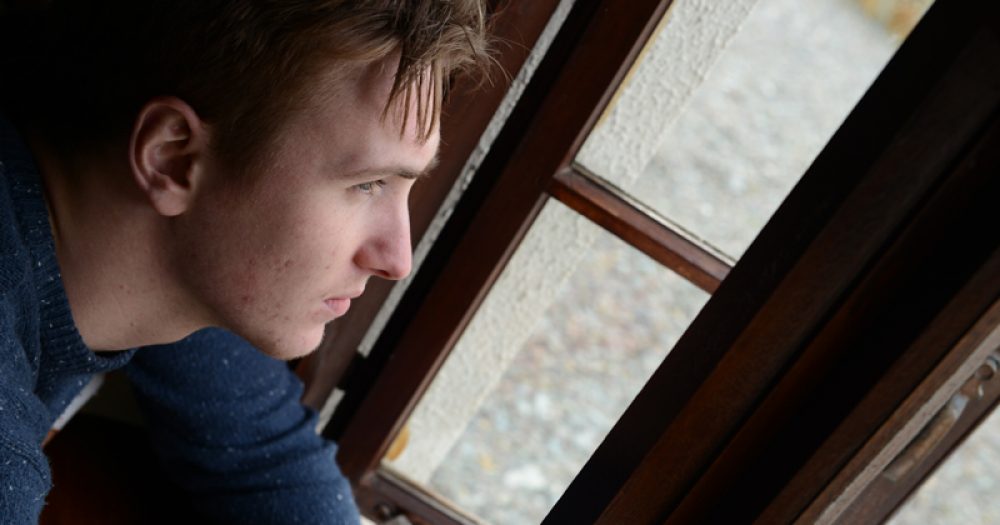Young people who miss school as a result of their mental health are being turned away from services because their conditions are not sufficiently “complex”, a leading think tank has warned.
CentreForum has called for mental health support to be a priority for the education sector after its research found that some child and adolescent mental health services were refusing to accept referrals for pupils who had “school-related” mental health issues or who did not exhibit enough conditions.
Although school-based counselling is one of the most prevalent forms of psychological therapy for children, with 70,000 to 90,000 cases seen a year in UK secondary schools alone, CentreForum has criticised the services as “patchy”. It follows the launch of a campaign by the Association of Teachers and Lecturers for universal access to school-based counselling.
Mental health and education professionals have warned that schools are increasingly having to take responsibility for services like counselling because of cuts to mental health services. Among those to have commented is Suruthi Bala from Optimus Education, who said in February that the focus from teachers and leaders had changed over the last two years.
Schools used to ask who to refer children to, now they asked how they could offer counselling in school, she said, and her warning appears to be corroborated by the results of CentreForum’s research.
The revelations have been published in a state of the nation report, authored by former Nick Clegg special adviser Emily Frith and commissioned by CentreForum’s commission on children and young people’s mental health, which is chaired by the ex-health minister Norman Lamb.
The report said information in referral criteria documents used by local health services providers to filter referrals showed that some referrals were not being accepted “if they are not overly complex”.
In Cambridgeshire and Peterborough, young people “who were not attending school and having panic attacks” were not referred “unless they also were self-harming or had other symptoms impacting on daily life”.
It also found that some services “would not accept referrals from young people where the problem appeared to be entirely school-related”, adding: “Given that in this case the referral would have come from the school this indicates that no suitable support would be available.”
CentreForum said its analysis of referral criteria showed that many services were “clearly limited in their scope due to pressures on their capacity” and were responding by introducing high referral thresholds for access to their care.
The report continued: “This directly contradicts the strong evidence in favour of early intervention.”
Efforts by the Department for Education to improve schools’ responses to mental health issues, which include the publication of new guidance, a £3million investment in a pilot of joint training for designated leads in mental health services and schools, and the appointment of campaigner Natasha Devon as a government mental health champion, are acknowledged in the report.
But it warned that in spite of this intervention, young people were still not getting the help they need, having to wait for months for care or being treated in “entirely inappropriate settings”.
It concluded: “Appropriate mental health support should be a priority for the education system. This commission will also explore the most effective levers or mechanisms to get all schools engaged in building resilience and providing better preventive support.”


Your thoughts